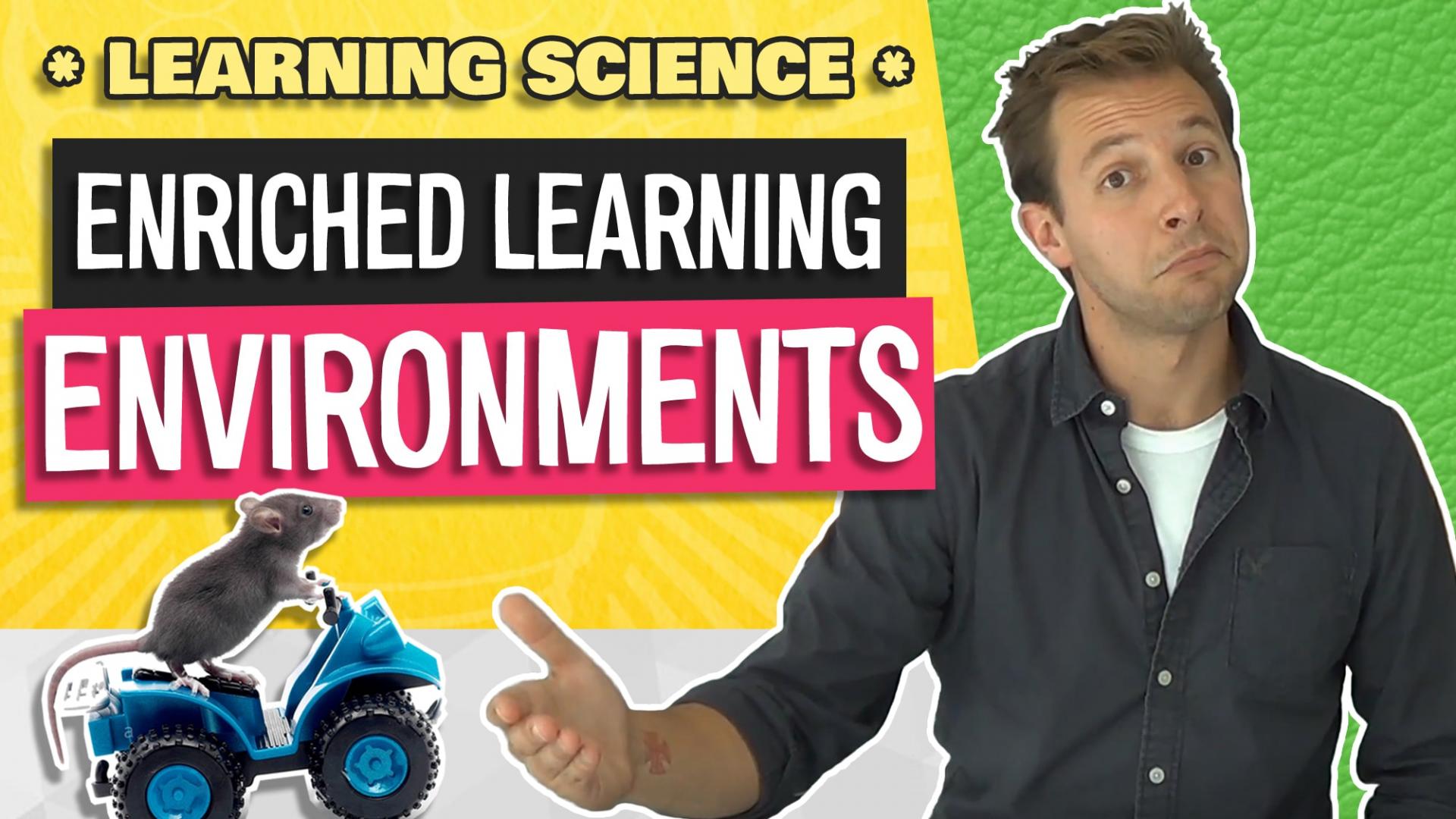Genetics Is Not Destiny
Nature versus Nurture.
This is one of those timeless debates that somehow only becomes more interesting (and curious) the more we learn about it.
In fact, there are several new books about to be published on the subject, so now is a great time to better understand how it relates to teaching and education.
Accordingly, I’ve decided to post a series of videos over the next few weeks dedicated specifically to the 'nature versus nurture' discussion.
In part one, I explore a classic bit of research that can help us better appreciate how genetics fits into the equation:
Effects of Enriched and Restricted Early Environments on the Learning Ability of Bright and Dull Rats (R.M. Cooper and John P. Zubek)
Here are some of the questions I tackle in this installment:
-
How do genes actually work? (Hint: It’s not the way most people think)
-
Approximately how many genes are required to build the human body?
-
To what degree is genetic expression impacted by our environment?
-
What can a hose and a bucket teach us about the great 'Nature versus Nurture’ debate?
Give it a watch, and let me know what you think in the YT comments section.
And, as always, if you find this video valuable, interesting and/or entertaining, you can support us by liking, sharing and subscribing to our YouTube channel ;)
Regards,

Video Transcript
Hello everybody, and welcome to this week's From Theory to Practice, where I take a look at the research so you don't have to.
Now we're going to do something a bit different for the next set of videos: we're going to take a broad look at a single topic.
In this case, we’re exploring the classic nature versus nurture debate. There are several new books about to be published that deal with this subject, so I think now is an opportune time to look at it in more depth.
So, the first relevant article I've chosen to take a look at is called Effects of Enriched and Restricted Early Environments on the Learning Ability of Bright and Dull Rats by Cooper and Zubek.
Now to understand this paper we've got to come to terms with one somewhat surprising idea, and it's this: genes do not work the way most people think they do ...
Click to view remainder of the transcript ...
Coming soon ...
Did You Enjoy This Post?
Help spread the idea by sharing it with your peers and colleagues ...

NOT ON THE LIST? Click below to join the LME Community ... and receive new Science of Learning articles from Dr. Jared Cooney Horvath every week!
You Might Also Like ...
Connect With Us
Copyright © 2022 LME Global – 6119 North Scottsdale Road, Scottsdale, AZ, 85250 – (702) 970-6557
Copyright © 2022 LME Global
6119 N Scottsdale Rd, Scottsdale, AZ, 85250
(702) 970-6557






